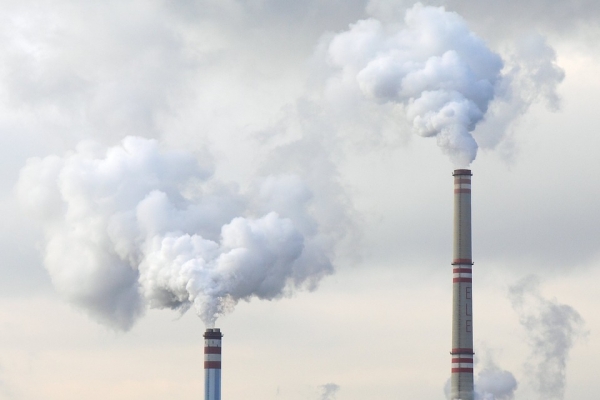The need to capture CO2 and transport it for permanent storage or conversion into valued end uses is a national priority recently identified in the Bipartisan Infrastructure Law to move toward net-zero greenhouse gas emissions by 2050.
Now, Northwestern University researchers have worked with an international team of collaborators to create acetic acid out of carbon monoxide derived from captured carbon. The innovation, which uses a novel catalyst created in the lab of professor Ted Sargent, could spur new interest in carbon capture and storage.
“Carbon capture is feasible today from a technical point of view, but not yet from an economic point of view,” Sargent said. “By using electrochemistry to convert captured carbon into products with established markets, we provide new pathways to improving these economics, as well as a more sustainable source for the industrial chemicals that we still need.”
The paper was published today (May 3) in the journal Nature.
Read more at PublicDomainPictures
Image: R0bin via Pixabay


